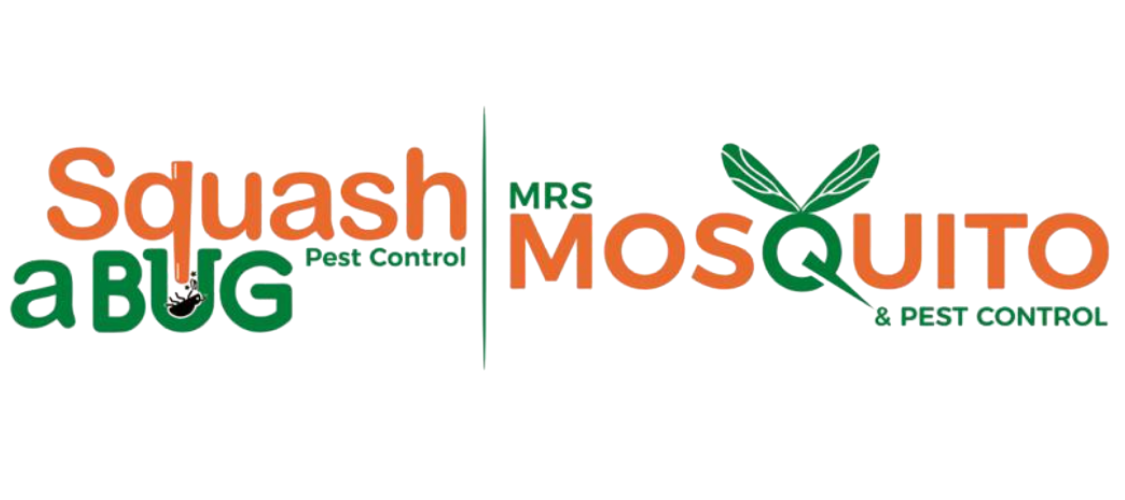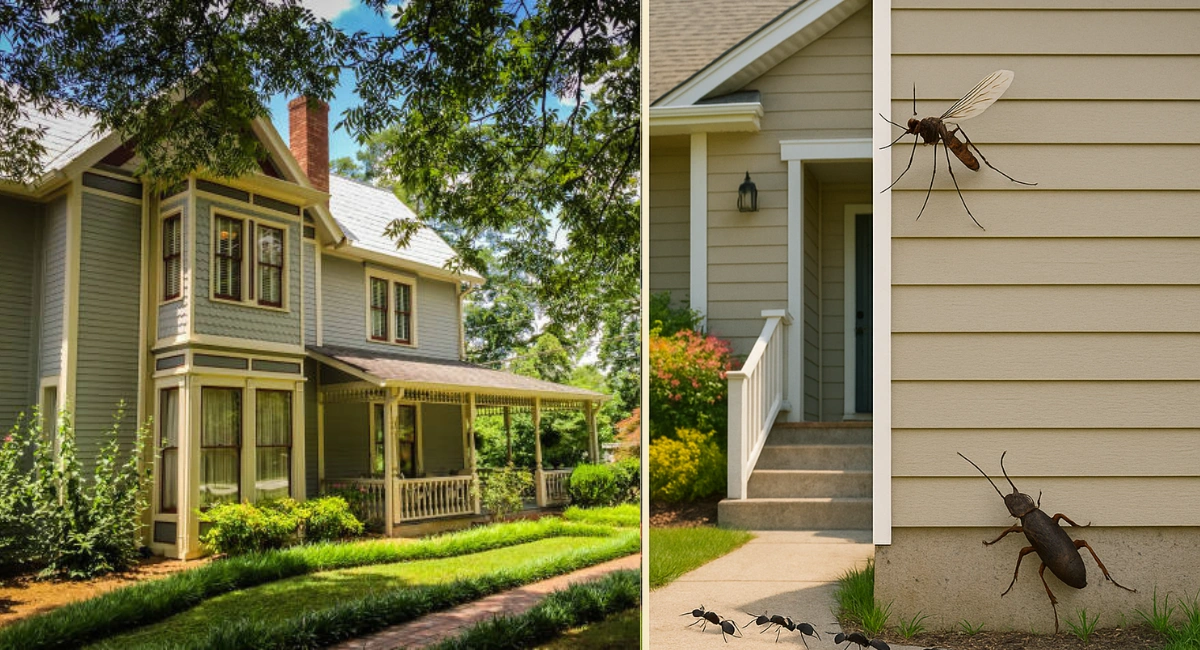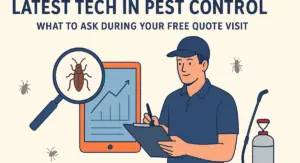Georgia summers bring warmth, longer days, and unfortunately, a surge in pest activity. Whether you’re managing a property or trying to keep your home comfortable, pests can quickly become a problem during the hotter months.
Here’s a complete guide to keeping your property protected this summer, covering common pests, prevention strategies, and Pest control methods tailored for Georgia’s climate.
Why Summer Means More Pests in Georgia
As temperatures rise, so does insect and rodent activity. Humidity and heat provide the perfect environment for pests to breed and spread. Common issues include:
- Increased outdoor gatherings (more food sources)
- Higher moisture levels (ideal for insects)
- Open windows and doors (easier access)
Georgia’s mix of rural and urban landscapes adds to the variety of pests that can become a nuisance in both residential and commercial properties.
Common Summer Pests in Georgia
Knowing what you’re up against helps you prepare. Here’s a list of the most active pests during Georgia’s summer season:
1. Mosquitoes
- Thrive in standing water and humid conditions.
- Known for spreading diseases like West Nile and Zika.
- Most active during dusk and dawn.
2. Ants
- Fire ants, carpenter ants, and odorous house ants are common.
- Can damage structures or contaminate food.
- Attracted to sweets, proteins, and greasy items.
3. Cockroaches
- Prefer moist, dark spaces.
- German and American cockroaches are common indoors.
- Can trigger allergies and asthma.
4. Termites
- Often go unnoticed until damage is done.
- Swarm during warm months.
- Attracted to wood and moisture.
5. Spiders
- Most are harmless but some, like the brown recluse, can be dangerous.
- They feed on other pests, so their presence often means another infestation.
6. Rodents
- Mice and rats look for shelter and food indoors.
- Can chew through wires and insulation.
- Pose health risks through droppings and urine.
General Pest Prevention Tips for Georgia Homes
A proactive approach works best. Stop pests before they enter by making your property less inviting.
Inspect and Seal Entry Points
- Check windows, doors, vents, and foundation cracks.
- Use weather stripping and caulk to close gaps.
- Install fine mesh screens over vents and chimney openings.
Eliminate Standing Water
- Empty birdbaths, plant saucers, and kiddie pools regularly.
- Clean gutters and fix leaky spouts.
- Mosquitoes only need a bottle cap’s worth of water to breed.
Keep Indoor Spaces Clean
- Don’t leave food out overnight.
- Wipe down counters and sweep floors daily.
- Store pantry items in airtight containers.
Maintain Landscaping
- Keep grass trimmed and bushes away from walls.
- Remove dead wood and fallen branches.
- Avoid overwatering, which creates damp breeding spots.
Manage Trash Properly
- Use sealed bins indoors and outdoors.
- Clean trash cans weekly.
- Take out garbage before it overflows.
Room-by-Room Summer Pest Control Guide
Different rooms attract different pests. Here’s how to protect each part of your home.
Kitchen
- Wipe down surfaces with vinegar-based cleaner.
- Keep fruit in the fridge instead of counters.
- Fix leaky sinks to avoid moisture buildup.
Bathroom
- Clean drains weekly to stop drain flies.
- Ventilate regularly to reduce humidity.
- Repair grout and tiles to prevent hidden leaks.
Basement & Attic
- Use dehumidifiers to keep air dry.
- Store items in plastic bins instead of cardboard.
- Check for rodent droppings or gnawed materials.
Outdoor Spaces
- Move firewood away from your home’s exterior.
- Use yellow outdoor lighting, which attracts fewer bugs.
- Keep your lawn free of standing water and debris.
Organic and Natural Pest Control Options
Many homeowners prefer to avoid chemical treatments, especially around children or pets. Natural options include:
- Diatomaceous Earth: Effective against ants, roaches, and bedbugs.
- Essential Oils: Peppermint, eucalyptus, and tea tree oil deter many pests.
- Boric Acid: A low-toxicity treatment for cockroaches and ants.
- Cedar Mulch: Helps repel fleas, moths, and certain types of ants.
Use these solutions with caution and always follow manufacturer instructions.
When to Hire a Professional Pest Control Service
DIY methods can help prevent small problems. But if you notice these signs, it’s time to call an expert:
- Pest sightings during the day (especially roaches or rodents)
- Droppings, grease marks, or chew damage
- Recurring infestations despite home remedies
- Unusual smells or noises from walls and attics
Choosing the Right Service in Georgia
- Look for licensed and insured providers.
- Ask if they offer eco-friendly or low-impact options.
- Ensure they have experience with local pests.
Routine pest control plans, whether quarterly or bi-annually, can save money and prevent larger infestations.
Tips for Business Owners and Property Managers
Commercial spaces, apartments, and rental properties face added challenges.
Create a Maintenance Schedule
- Regular inspections and professional treatments
- Detailed logs of sightings and treatments
- Staff training on basic pest prevention
Prioritize High-Risk Areas
- Dumpsters and storage rooms
- Kitchenettes and break areas
- Restrooms and HVAC rooms
Communicate with Tenants or Staff
- Provide instructions on food storage and cleanliness
- Encourage early reporting of any pest activity
- Post reminders in shared areas
Stay Ahead of the Summer Pest Season
Don’t wait until pests become a major issue. Georgia’s warm, humid climate makes early and consistent action essential.
Seasonal Checklist for Summer Pest Control:
- Inspect your home’s exterior
- Treat your yard and lawn for mosquitoes
- Schedule a pest control service
- Declutter and deep clean living spaces
- Check and replace window screens
Final Thoughts
Pest control during Georgia’s summer isn’t just about comfort, it’s about health and safety, too. Whether you’re a homeowner, renter, or property manager, staying informed and proactive is the best defense.
Tailor your pest control strategy to the type of property and pest pressure you face. Simple habits like sealing entry points and eliminating food sources can go a long way. And when in doubt, bring in a local pest professional who understands Georgia’s unique environment.




